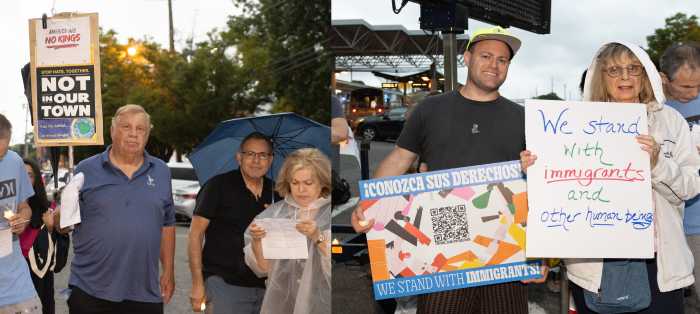Holiday family gatherings are not just good for catching-up; they are an opportunity to assess your older loved one’s status and needs. Certain clues can reveal a decline in mental or physical abilities. Here are some things to look out for:
Physical Appearance and Household Cleanliness: Changes in physical appearance can be a red flag as to the health of a loved one. Weight loss, unopened medicine and poor hygiene are just a few of the things to watch out for. The cleanliness of the home environment is also important to note. For example, excessive clutter, expired food,
and piles of unopened mail can be a signal that your loved one needs assistance.
Changes in Behavior: Is your loved one acting any differently? Is an outgoing person now withdrawn or vice versa? An individual with memory problems may remove him/herself from social situations for fear they will forget someone’s name or say something inappropriate. Unusual outbursts or anger can also reveal fear or even paranoia – a sign of declining mental function.
Finances: Are the household bills being paid on time? Look for late notices and any unopened mail. Make sure medical bills and insurance premiums are getting paid. Ask your loved one to designate you on health and long-term care insurance policies to be notified if a premium payment is missed so that you can prevent an insurance lapse or policy cancellation.
Mobility: Changes in mobility are common with aging adults, but some signs of lessened movement are more concerning than others. Are there signs of physical pain or evidence your loved one is unsteady on their feet? Do they hold on to furniture or other household objects while walking? Can they navigate stairs safely? Updates to your loved one’s living environment may need to be made in order to keep them safe at home.
Dangers: When visiting with older loved ones, take note of environmental dangers. For
example, are there tripping hazards, such as throw rugs, electrical cords, uneven pavement on sidewalks or driveways that could cause a fall? If the individual is still driving, inspect the car for evidence of any minor accidents or incidents.
What do I do now? Any of these changes mean that it is time to start the conversation about long-term care wishes and plans. Make sure your loved one has a Power of Attorney, Health Care Proxy and Living Will so that you have the legal authority to help as well as the ability to get information about finances and health care.
 Jennifer B. Cona, Esq. is the Founder and Managing Partner of Cona Elder Law PLLC. Cona Elder Law is an award-winning law firm concentrating in the areas of elder law, estate planning, estate administration and litigation, and health care law. The firm has been ranked the #1 Elder Law Firm by Long Island Business News for eight consecutive years. For additional information, visit conaelderlaw.com.
Jennifer B. Cona, Esq. is the Founder and Managing Partner of Cona Elder Law PLLC. Cona Elder Law is an award-winning law firm concentrating in the areas of elder law, estate planning, estate administration and litigation, and health care law. The firm has been ranked the #1 Elder Law Firm by Long Island Business News for eight consecutive years. For additional information, visit conaelderlaw.com.

Sign up for Long Island Press’ email newsletters here. Sign up for home delivery of Long Island Press here. Sign up for discounts by becoming a Long Island Press community partner here.


































